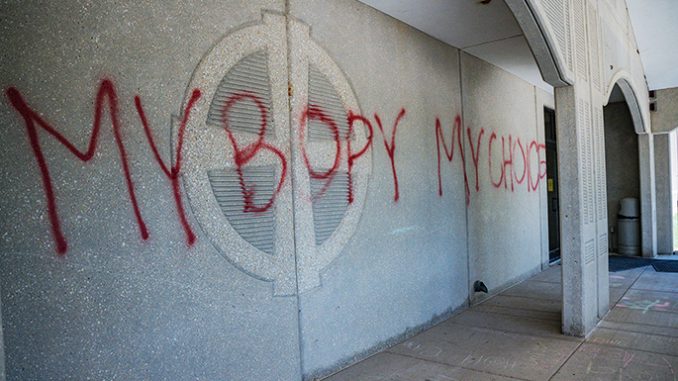How can you use safe and death in the same sentence? How can you presume safeguards upon a practice in which there is no fail safe? How can find any sort of balance between the right to die painlessly at will and the preservation of life that is at the root of all natural law? Belgium is leading the way through this though it is Belgium that has been found at fault by the high court. Since this euthanasia, Belgium has extended the practice to children and added all sorts of non-life threatening conditions and diagnoses to the list of approved reasons to die. As the practice expands, the process of review remains under a cloud and of what good is a judgment against an incident when the person is, well, dead. It seems that this verdict only clouds the issue even more -- at a time when it cries out for some clarity and delineation of norms. Belgium is not alone. Our neighbor to the north has already legitimized Medical Assistance in Dying and voices are clamoring for this right to be extended to infants and children.
To say the obvious is to admit that our world lives in a culture of death. It is the natural consequence to the whole idea of my body, my choice. To the surprise of no one, the liberal Christian churches have raised no serious objection to the enshrinement of a right to die -- even though they have been silent before or vocally opposed to any sense of a right to life for either the unborn or the aged/infirm. When will Christianity awaken to the morbid movement of death that has taken Eden to its logical conclusion? For now, only a few Lutherans and Roman Catholics seem interested in challenging the culture of death (though I am not sure the heart of the current Pope is in this fight). The Orthodox may allied with the right position but it is hard to tell and their words are not unequivocal. The rest of the world has made their peace with death and moved on. How sad!
I cannot even imagine the chagrin of my grandparents at the idea of making death easy, painless, and safe -- whenever you choose it. They were ready to die but, like St. Paul, were not of a mind to hasten that moment until it pleased God. Therein lies the problem. Whereas the Church once announced death solemnly with words like "It hath pleased almighty God to call unto Himself the soul of. . .. " now we can shorted it a bit and simply say that so and so chose to die. Old news. Move along. No big deal....

No comments:
Post a Comment